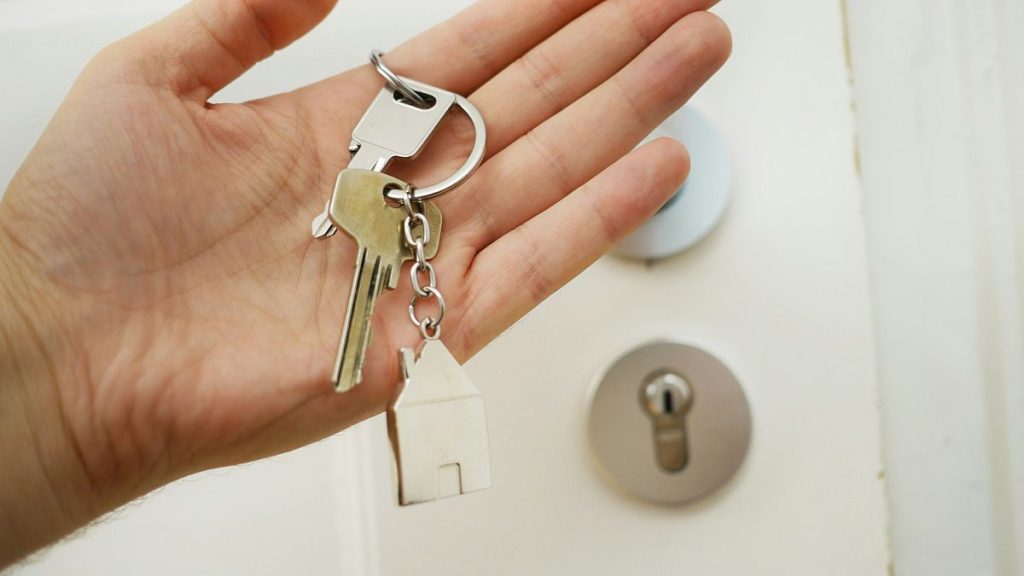In recent developments regarding short-term rental accommodations in Italy, the government has implemented new regulations that require owners to meet guests in person upon arrival. This shift comes in response to growing concerns among residents in various European cities, including Rome, Florence, and Milan, about the impact of platforms like Airbnb on local neighborhoods. The rise of such rental properties has been linked to escalating housing prices, leading to protests among community members who have taken matters into their own hands, sabotaging key lock boxes. The Italian government’s decision to ban self-check-in systems was officially made on 18 November, with immediate effect, in an effort to address public safety and order risks.
The ban on key boxes and automated entry systems was introduced due to concerns about the potential for rental properties to be occupied by individuals posing safety threats, such as criminals or those affiliated with extremist organizations. The Italian Interior Ministry stressed the importance of visual identification of guests, as automated check-in processes could allow unknown individuals access to properties without proper scrutiny. This decision aligns with broader efforts to regulate the increasing number of short-term rentals, particularly in light of significant events planned in Italy, including the Jubilee celebrations in Rome in 2025.
For travelers, this regulatory change signifies a departure from the previously embraced self-service model, which allowed guests to access accommodations with a simple code. Under the new rules, guests must now be greeted personally by the property owner or manager, who will verify identity documents and oversee the check-in process. Furthermore, owners are mandated to submit guests’ personal information and identity documents to local police within 24 hours of check-in, further ensuring the safety and security of the community.
Roberto Gaultieri, the mayor of Rome, has voiced his approval of the new ruling, describing it as beneficial for residents and visitors alike. His administration aims to dismantle the inconvenient lock boxes and other automated devices that have contributed to security concerns on the streets. By implementing this personal check-in system, the mayor believes that the city can enhance public safety while improving the overall experience for tourists and residents.
The legal changes encapsulate a broader trend across Europe, where many cities are grappling with the implications of short-term rentals on housing markets and community dynamics. With rising tension between local inhabitants and rental property operations, many cities are now taking steps to manage the impact of transient visitors on neighborhood life. The requirement for in-person check-ins is a significant stride towards addressing these concerns, aiming to create a more secure and community-oriented environment.
Ultimately, while travelers may face greater logistical challenges with the necessity of in-person check-ins, the broader intention behind the ban reflects a growing prioritization of security and community welfare in the face of rising short-term rental popularity. It remains to be seen how property owners will adapt to these changes and how this will affect Italy’s appeal as a tourist destination amidst ongoing discussions about equitable housing and neighborhood integrity.









